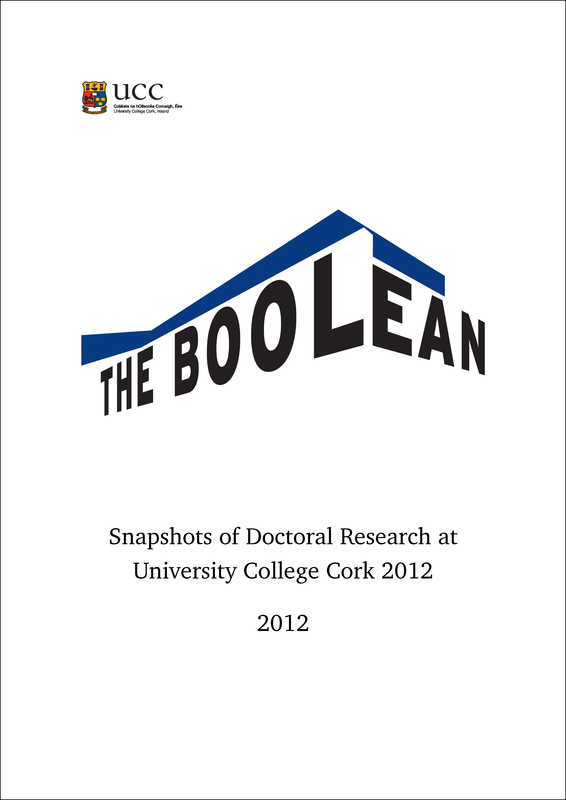Medical Research with New-Born Babies: What are the Legal and Ethical Concerns?
DOI:
https://doi.org/10.33178/boolean.2012.24Abstract
Edward Jenner is accredited with one of the greatest feats of medical science, which is responsible for saving millions of lives. In 1796, he invented the smallpox vaccine. Jenner discovered the vaccine by observing that milkmaids were generally immune to smallpox. He hypothesised that the pus in the blisters that milkmaids received from cowpox protected them from smallpox. He then infected an eight year-old boy with cowpox, which he obtained from the blisters of an infected milkmaid. Afterwards, he injected the boy with smallpox material and the boy showed no sign of infection. He subsequently vaccinated a group of orphan children. The vaccine was also tested on 48 children in an alms-house in Philadelphia. It was through these experiments with children that Jenner created the vaccine for smallpox. While it cannot be denied that these experiments contributed greatly to the progress of medical science and the health of human beings, ...References
Published
2012-01-01
Issue
Section
Articles
License
Copyright (c) 2012 the author(s)

This work is licensed under a Creative Commons Attribution-NonCommercial-NoDerivatives 4.0 International License.



